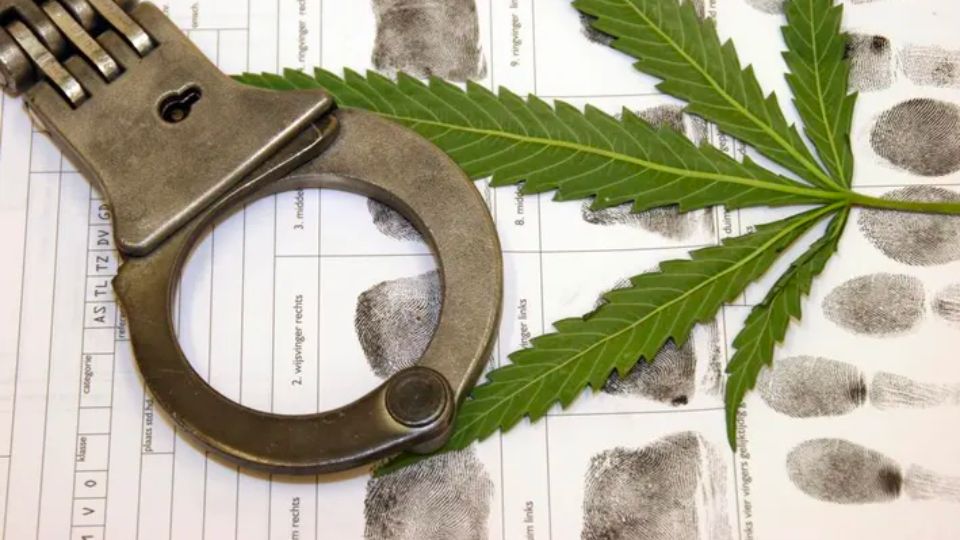Marijuana, also known as cannabis, is a plant that contains psychoactive compounds such as tetrahydrocannabinol (THC) and cannabidiol (CBD). Marijuana serves different purposes, both medically and recreationally, with its legality differing from place to place. This article explores the present and future of marijuana legislation in Texas, a heavily populated and conservative state in the US.
Is Marijuana Legal in Texas?
Simply put, no. In Texas, marijuana is considered a Schedule I substance under the Controlled Substances Act, which means it is deemed to have no accepted medical purpose and a high risk of abuse. In Texas, possessing, growing, selling, or distributing any quantity of marijuana is considered a criminal offense that can result in fines, imprisonment, or both.
However, there are exceptions. Texas has a program called Compassionate Use Program that permits patients with certain conditions like epilepsy, multiple sclerosis, and terminal cancer to obtain low-THC cannabis oil with a doctor’s prescription. The program allows oil with less than 0.5% THC and a minimum of 10% CBD, despite facing criticism for its restrictions.
Hemp, on the other hand, is a type of cannabis with low THC levels that is mainly utilized for industrial applications. In 2019, Texas passed House Bill 1325, allowing the production, processing, and sale of hemp and hemp-derived products under specific regulations and testing requirements, following the federal legalization in 2018.
Understanding Penalties for Marijuana Offenses in Texas
- Penalties for marijuana offenses in Texas depend on the type of substance, amount, criminal record, and situation.
- Possession penalties vary from a Class B misdemeanor for up to 2 ounces to an enhanced first-degree felony for over 2,000 pounds.
- Cultivation penalties vary from a state jail felony for up to 4 plants to an enhanced first-degree felony for over 2,000 plants.
- From a Class B misdemeanor for up to 7 grams to an enhanced first-degree felony for over 2,000 pounds, the penalties vary depending on the amount sold or delivered.
- Factors that make the situation worse: Penalties can increase depending on factors such as location, previous convictions, use of weapons, or association with minors or vulnerable individuals.
Also Read: This Ohio City Becomes the Most Rum Producer in Entire U.S.
Potential Changes to Marijuana Laws in Texas
Despite the strict regulations in place, there is a strong movement advocating for change. According to a 2020 survey conducted by the University of Texas and the Texas Tribune, 60% of Texans are in favor of legalizing marijuana for medical or recreational purposes. Proposals to decriminalize, legalize, and broaden medical usage have been presented in the Texas Legislature, but none have been approved yet.
Some local areas have started to put in place measures to decrease enforcement of minor marijuana offenses. The future of reform will be influenced by various factors such as political environment, public sentiment, economic consequences, and scientific proof.
Reform could lead to lower criminal justice expenses, increased tax income, better patient health, and greater personal liberty. Dealing with challenges can include issues related to public health and safety, legal and regulatory matters, and opposition from society.
In conclusion
While Texas currently has strict marijuana regulations, there is potential for reform due to shifting public attitudes and political support. It’s crucial to remain informed and involved in the ongoing discussion about the significant impact on the economy, society, and individuals related to this complex and controversial issue.



Leave a Reply